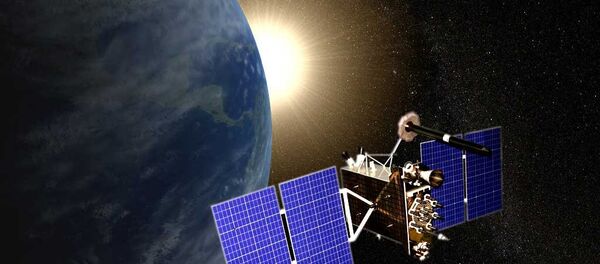MOSCOW (Sputnik) — The issue was discussed during a meeting of a bilateral working group on road transport and roads. The meeting took place between Tuesday and Thursday in the Chinese city of Chengdu.
"[Russian and Chinese] delegations appreciated the work carried out on the project of using GLOANSS and BeiDou navigation systems in the area of international road transportation. The sides agreed to create the pilot zone to test them on passenger and freight transportation routes, which pass through the Kraskino — Hunchun and Poltavka — Dongning checkpoints," the statement read.
GLONASS, a global navigation system operated by the Russian Aerospace Forces, consists of 27 satellites, 24 of which are operational. The system allows real-time positioning and speed data for surface, sea and airborne objects around the world.
BeiDou is composed of the space section, ground section and user section, with the space section containing five geostationary orbit satellites and 30 non-geostationary orbit satellites.
![A GLONASS [Global Navigation Satellite System] satellite mock-up on display at the exhibition Space -- Elections -- Telecommunications A GLONASS [Global Navigation Satellite System] satellite mock-up on display at the exhibition Space -- Elections -- Telecommunications - Sputnik International](https://cdn1.img.sputnikglobe.com/img/103734/81/1037348192_0:160:3073:1888_600x0_80_0_0_7a70673b3952c3e5092294fbd5d079e9.jpg)



